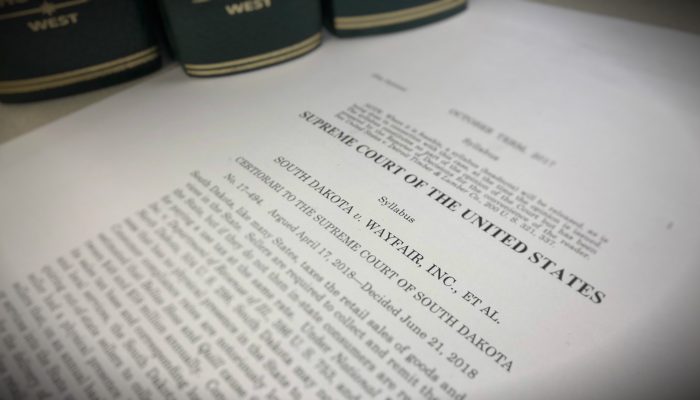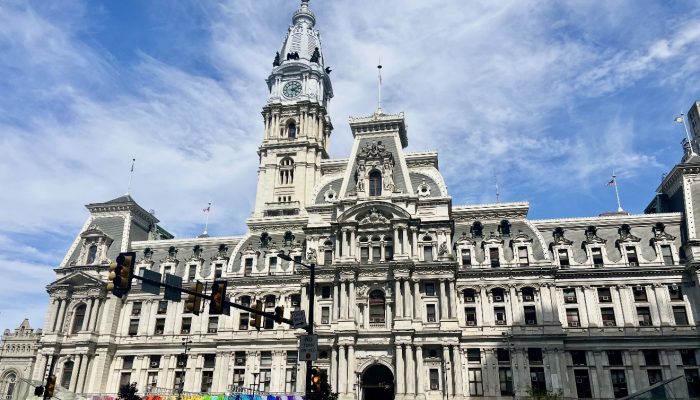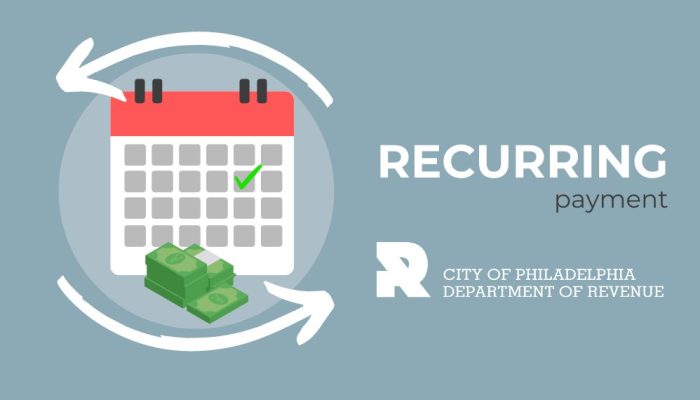UPDATE! (January 29, 2019): Based on thoughtful feedback from tax professionals and other stakeholders, the Department of Revenue has made changes to our draft regulations to provide guidance on who needs to file and pay the City’s Business Income & Receipts Tax when they don’t have physical presence in Philadelphia.
We have simplified the regulation to apply a bright-line economic nexus test for 2019 and future years, borrowing a streamlined approach used by the states of Ohio and Rhode Island. We will not update associated sourcing rules at this time, but will seek additional input in the future. We are tremendously grateful for the time and expertise shared with us to improve these regulations. The regulations have been formally filed and you can review the revised BIRT regulation here.
Original blog post (November 20, 2018):
Tax nerds waited on pins and needles this year for the US Supreme Court to render a decision in South Dakota v. Wayfair. When the dust settled, South Dakota had prevailed and can impose its Sales Tax on retailers who didn’t have a physical location in the state.
In the wake of the Wayfair decision, Philadelphia has drafted regulations outlining its own standard on nexus and is seeking feedback from business owners, tax professionals, and anyone interested in shaping fiscal policy. Tax nerds read on.
Wayfair doesn’t impact Philadelphia’s 2% Sales Tax (that’s still based on the seller’s location under Pennsylvania state law), but it did affirm Philadelphia’s longstanding “active presence” rules regarding our Business Income and Receipts Tax (BIRT). The existing regulation requires some businesses to pay BIRT even when they don’t have a Philadelphia location.
After Wayfair, many states are making it easier for businesses to determine whether they need to register and pay taxes in their jurisdictions. They have provided simple guidelines based on the dollar value of sales and/or number of transactions when there is no physical presence.
The City of Philadelphia is looking to provide this same clarity when it comes to non-Philadelphia-based businesses trying to figure out if they must register and pay the BIRT. We’ve drafted regulations outlining a bright line economic nexus standard of $100,000 in Philadelphia sales to trigger filing requirements. We think it will be easier for businesses to understand this threshold than the current, more complex active presence rules that rely on an array of facts and circumstances to determine who needs to register. This change won’t affect any businesses that have a physical location in Philadelphia.
We’re looking to provide guidance for Tax Year 2019 as soon as possible by filing the regulations before the end of 2018. But before we do that, we want input from the business and tax community.




